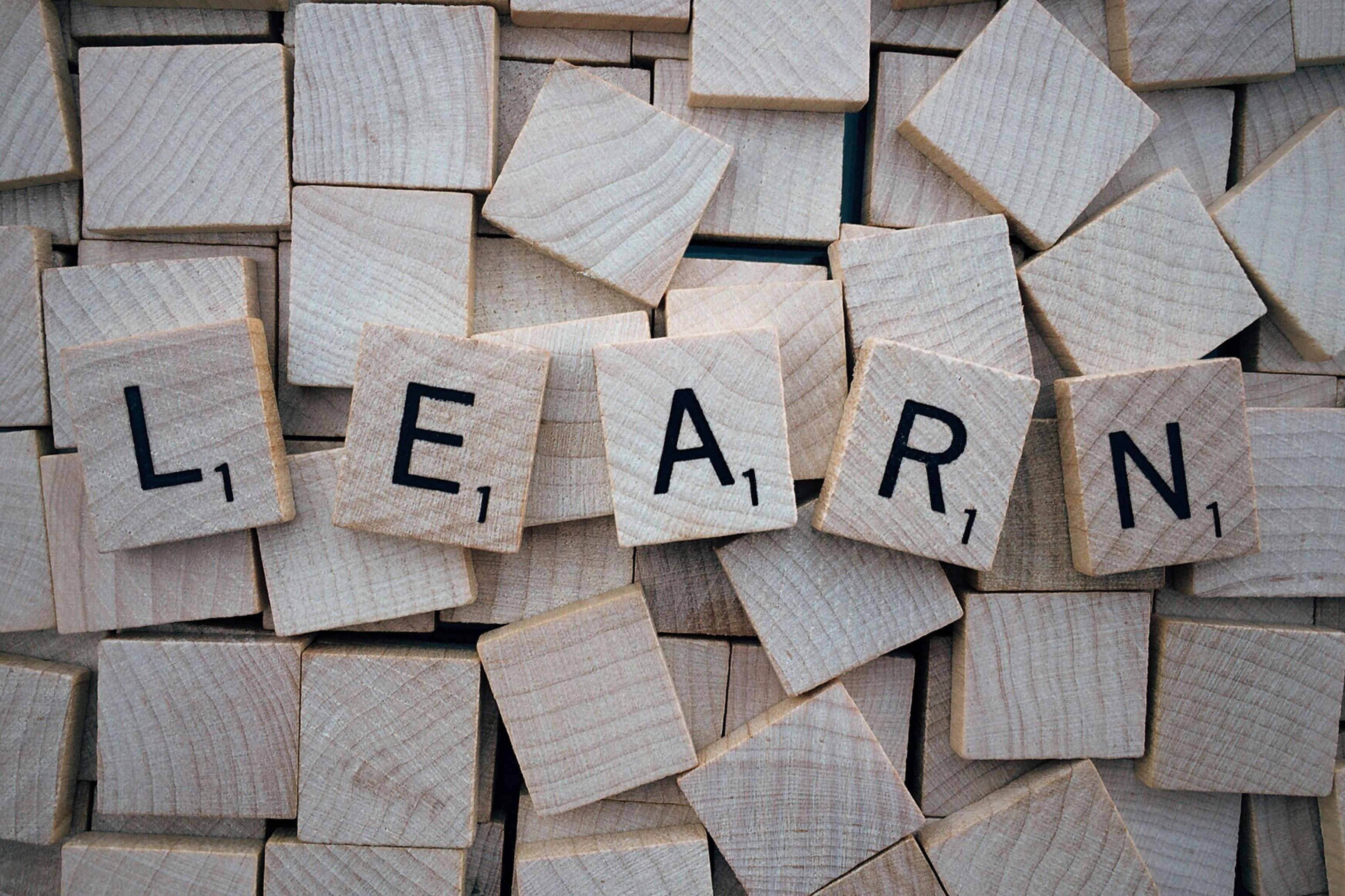Rapid Learning Techniques: Accelerate Your Learning Process
Introduction:
In today's fast-paced world, the ability to learn quickly and effectively is a valuable skill that can lead to personal and professional success. Whether you're studying for an exam, acquiring new skills for your career, or pursuing a hobby, mastering rapid learning techniques can help you absorb information more efficiently and retain it for the long term. In this article, we'll explore proven strategies and tips to enhance your learning speed and maximize your cognitive potential.
Set Clear Goals:
Define specific, achievable learning objectives to guide your study efforts and keep you focused on what you want to accomplish.
Use Active Learning Methods:
Engage with the material actively by asking questions, summarizing key points, and teaching concepts to others. Active learning promotes deeper understanding and retention compared to passive methods like reading or listening.
Practice Spaced Repetition:
Review information at spaced intervals over time to reinforce memory retention. Spaced repetition leverages the spacing effect, which suggests that long-term memory is enhanced when learning is distributed over time.
Utilize Mnemonics and Memory Techniques:
Employ mnemonic devices, acronyms, and visualization techniques to encode and recall information more effectively. Mnemonics provide mental hooks and associations that make it easier to retrieve stored information.
Chunking Information:
Break down complex information into smaller, more manageable chunks to facilitate learning and comprehension. Organize related concepts into groups or categories to create meaningful patterns and connections.
Stay Active and Take Breaks:
Incorporate physical activity into your study routine to enhance cognitive function and reduce fatigue. Take regular breaks to rest and recharge, as prolonged periods of study can lead to diminishing returns and burnout.
Use Multisensory Learning:
Engage multiple senses, such as sight, hearing, and touch, to enhance learning and memory. Experiment with different learning modalities, such as watching videos, listening to podcasts, or using interactive software.
Teach What You've Learned:
Reinforce your understanding of the material by teaching it to someone else. Teaching requires you to organize your thoughts coherently and articulate concepts clearly, solidifying your comprehension in the process.
Apply the Feynman Technique:
Simplify complex topics by explaining them in plain language, as if you were teaching them to a beginner. Identify gaps in your understanding and revisit the material to fill in any knowledge gaps.
Set a Structured Study Schedule:
Establish a consistent study schedule with dedicated time blocks for learning and review. Structure your study sessions to align with your natural energy levels and peak cognitive times.
Embrace Failure and Learn from Mistakes:
View failures and setbacks as opportunities for growth and learning. Analyze your mistakes, identify areas for improvement, and adjust your approach accordingly.
Stay Curious and Keep Learning:
Cultivate a mindset of curiosity and lifelong learning. Explore new subjects, seek out diverse perspectives, and challenge yourself to expand your knowledge and skills continuously.
By incorporating these rapid learning techniques into your study routine and mindset, you can accelerate your learning process and achieve your goals more efficiently. Remember that learning is a journey, and consistent practice and dedication are essential for long-term success.



تعليقات
إرسال تعليق